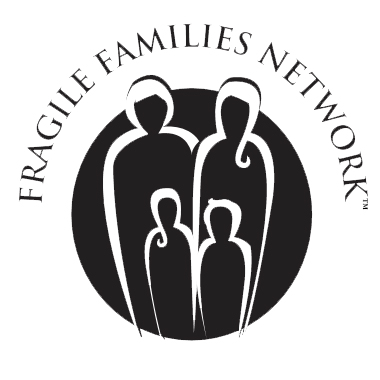Navigating the Complexities of Parenting Children with Challenging Behaviors

Parenting is a journey filled with joys, milestones, and sometimes, challenges. For caregivers of children with challenging behaviors, this journey may come with unique obstacles that require patience, understanding, and effective strategies. In this article, we delve into the complexities of parenting children with challenging behaviors, exploring the root causes, behavior management techniques, and the importance of seeking professional support.
Understanding the Root Causes of Behaviors
The first step in addressing challenging behaviors is understanding their root causes. Behaviors often stem from various factors such as emotional distress, communication difficulties, trauma, or unmet needs. By identifying these underlying causes, caregivers can gain insights into why certain behaviors manifest and develop targeted strategies to address them.
For example, a child’s outbursts may be a result of frustration due to communication challenges. In such cases, providing alternative communication methods or teaching coping skills can significantly reduce the frequency and intensity of these behaviors.
Implementing Behavior Management Techniques
Once the root causes are identified, implementing effective behavior management techniques becomes crucial. Positive reinforcement, clear expectations, and consistent routines are foundational elements in managing challenging behaviors. Creating a structured environment with clear boundaries helps children feel secure and reduces anxiety-driven behaviors.
Additionally, utilizing positive reinforcement techniques such as praise, rewards for desired behaviors, and implementing consequences for negative behaviors can encourage positive changes over time. It’s essential to remain calm, patient, and consistent in applying these techniques, as consistency plays a significant role in behavior modification.
Seeking Professional Support
While caregivers play a vital role in managing challenging behaviors, seeking professional support is equally important. Child psychologists, therapists, and behavior specialists can provide valuable insights, conduct assessments, and develop personalized behavior plans tailored to the child’s specific needs.
Professional support also extends to accessing community resources such as support groups, parenting workshops, and educational programs focused on behavioral management strategies. Collaborating with professionals not only empowers caregivers with knowledge and tools but also ensures a comprehensive approach to addressing challenging behaviors.
Parenting children with challenging behaviors requires a multifaceted approach that encompasses understanding, empathy, and effective strategies. By delving into the root causes of behaviors, implementing behavior management techniques, and seeking professional support, caregivers can navigate this journey with resilience and empower their children to thrive.
Remember, every child is unique, and what works for one may not work for another. It’s essential to remain flexible, adaptable, and compassionate throughout this process, fostering a nurturing environment where children can learn, grow, and flourish despite their challenges.
©2024 Fragile Families NETWORK







